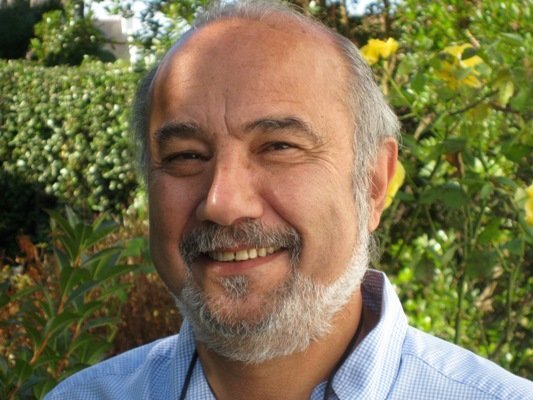Iran won’t bow to modification of JCPOA: Hossein Askari

TEHRAN – Professor Hossein Askari, an expert on Saudi Arabia who also teaches international business at the George Washington University, strongly believes that Iran should not agree to “any modification” of its nuclear deal.
In a recent interview with the Tehran Times, Professor Askari said: “For any accord to be modified you need the agreement of all parties.”
Following is the brief text of the interview with Hossein Askari:
Q: Newly revealed documents of the U.S. State Department demonstrate that the obstruction of the Iran nuclear deal by U.S. government officials has been softened. According to these dossiers, the U.S. has outlined a course of action in which three European countries Britain, France and Germany would be “totally committed to improving” the Joint Comprehensive Plan of Action (JCPOA). In return, U.S. President Donald Trump would extend Iran sanctions relief, keeping the Obama-era nuclear deal alive. According to these documents, The U.S. State Department is seeking an agreement with the European countries on improving the JCPOA for an “uncertain” period of time. Assuming that the documents hold true, can we consider them to be a turn in the Trump’s policy toward the Iran nuclear deal?
A: No, not at all. The U.S. and Israeli goal is the same. Have a nuclear armed Israel in the Middle East. Isolate Iran and make sure that it does not have nuclear breakout capability. And arm all Arab dictators with U.S. arms. In this way, the U.S., with Israel as its agent in the region, can support dictators and pursue its economic interests. Arab dictators and an isolated Iran with a crippled economy.
This new Trump initiative, if true, is the realization that Europe cannot be bullied to follow Trump. The U.S. has to sweet talk the Europeans and make any initiative look as if it is a joint agreement for the Europeans to save face. Also, in view of the ongoing dispute with North Korea, Trump does not want to convey the message that agreements with the U.S. are not worth the paper on which they are written.
Nothing has changed, it is a new strategy with the same goal as before.
Q: Assuming that these documents hold good, is it safe to say that Trump’s pressure on the Iran nuclear deal was aimed at getting concessions from Tehran and possibly some European countries?
A: Yes. Absolutely so. Trump has tried to bully Europe and Iran, and now he is using a little bit of honey on the Europeans. He wants to show Americans that he knows how to negotiate and make better deals. He wants some results before the 2018 elections.
Q: Reuters has cited a senior U.S. officials that there is a hope to “Fix” the Iran deal by reaching an agreement on modifying some of the JCPOA contents, by endorsement of a supplemental agreement, or by referring it to the UN Security Council. Provided European countries accept the U.S. demands, is there a possibility that nuclear talks with Iran, Russia and China will resume again?
A: The answer to your question depends on Iran. If Iran stands firm, the answer is no, the nuclear talks will not resume. Iran has no choice but to stand firm. If it gives in to Trump one centimeter, it will open up the floodgates.
Iran’s position should be simple. The JCPOA is an agreement and it stands. Iran will abide by it as long as the other signatories also uphold their commitments. However, if any party wants to talk about another agreement on any issue Iran will sit down and talk. The link to JCPOA must be broken.
Q: Some believe that there are three possible solutions regarding the Iran deal: 1. Modifying the current agreement, 2. Holding talks to reach a supplemental agreement, 3. Following up on a new Security Council Resolution for additional changes. In your opinion, which one of these three options will be the most likely outcome?
A: I think that number 1 should be out of the question. I believe that Iran will not, and should not, ever agree to ANY modification. And for any agreement to be modified you need the agreement of ALL parties.
Number 2 could be a possibility if it is clearly understood that this is a separate series (from the JCPOA) of discussions. Such talks and discussions should go beyond Iran’s nuclear issues. Iran should include Israel’s nuclear disarmament, U.S. bases and forces in the region and regional peace. I believe that if Iran plays its cards well it could get enormous popular Muslim backing at the global level. It could bear enormous fruits for Iran and Muslims generally.
Number 3, like number 1, would do little.
Leave a Comment